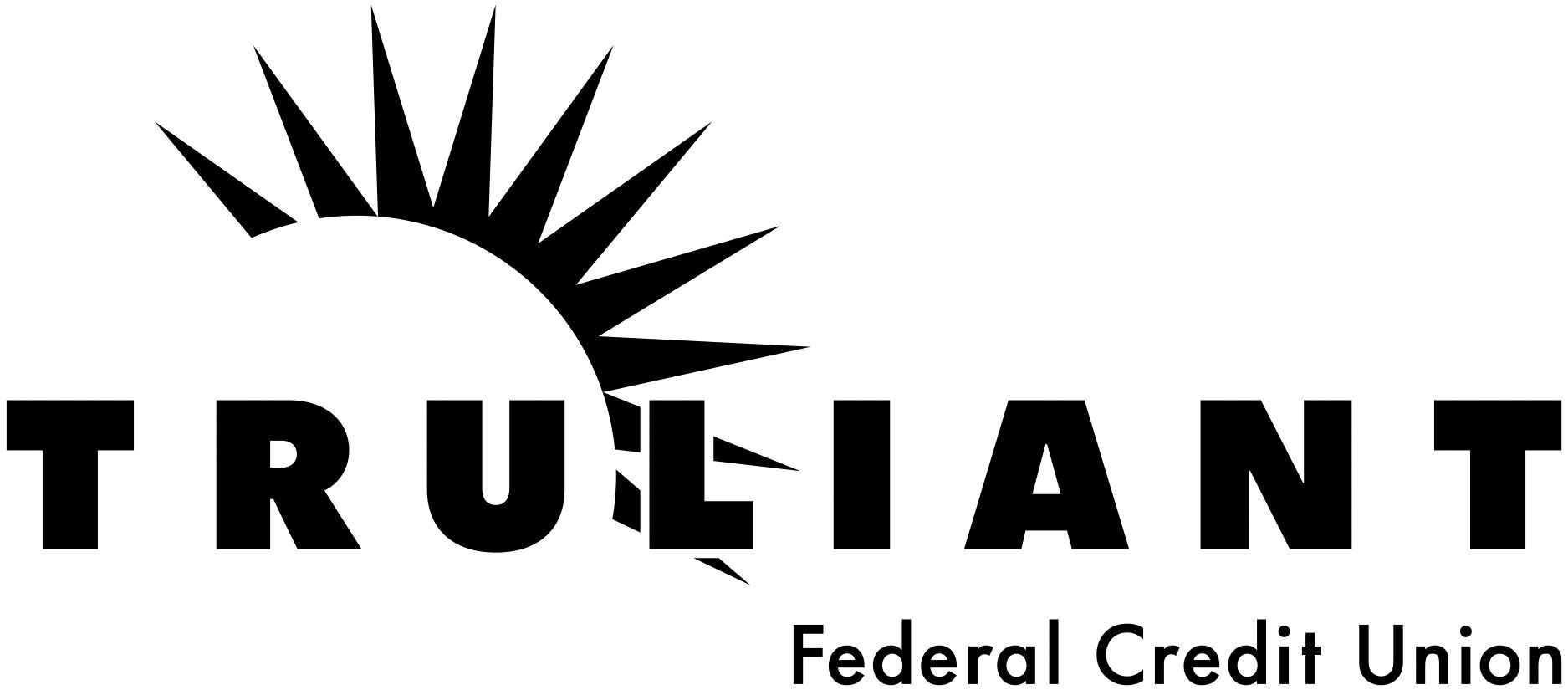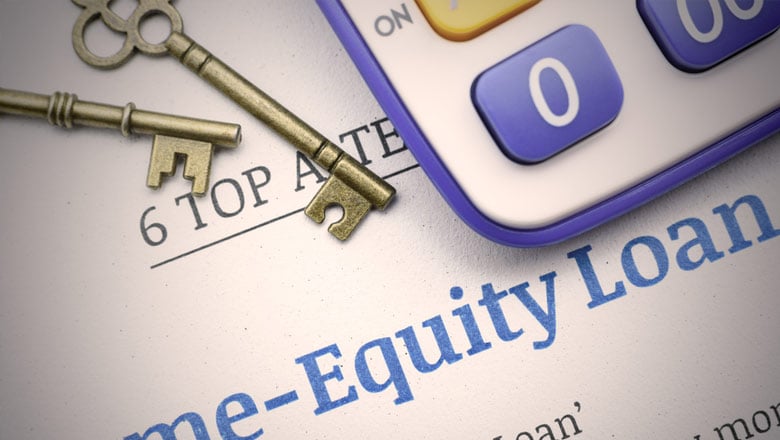Pros and Cons of a Home Equity Loan

Is It a Good Idea to Apply for a Home Equity Loan?
If you’ve built up equity in your house, obtaining a home equity loan may seem like an attractive option. It’s a great way to put the value in your home to work for you – you can pay for large expenses or consolidate high-interest debt at a low rate. However, there is some risk involved. Before applying for a home equity loan or line of credit, it’s important to understand the pros and cons.
Qualifying for a Home Equity Loan is Easy
While you will have to qualify as you would for any loan – based on creditworthiness, debt to income and the demonstrated ability to pay back the loan, a home equity loan or line of credit is secured with your home, which offers the lender some security. For this reason, and as long as you have 20% or so, minimum, in equity, it’s typically pretty easy to get qualified to use the equity in your home to access funds.
Home Equity Loan Rates Are Lower
If someone needs a home equity loan to pay off high-interest debts, this type of loan is very advantageous. On average, credit cards carry a much higher interest rate than a home equity loan. A home equity loan would be very positive in this situation because the homeowner could pay the credit card balance in full and continue to make payments on a loan that is carrying a lower interest rate.
Monthly Payments Are Fixed
The monthly payments on a HELOC will always be predictable because home equity loan rates will remain the same throughout the life of the loan. The interest rate on credit cards can increase, and this hurts everyone who does not pay their balances in full every month. Transferring debt from credit cards to a home equity loan eliminates the need to worry about rising interest rates.
The Interest Paid on Home Equity Loans Can Be Deducted on Yearly Taxes
Homeowners are welcome to deduct mortgage interest from their taxes if the money will be used to improve their property. Homeowners can reduce their tax liabilities by the amount that they pay in interest because of the Tax Cuts and Jobs Act of 2017. In addition to mortgage interest, you may also be able to deduct any mortgage points that were paid at closing, along with any late payments and prepayment penalties. However, if the money is going to be used to consolidate debt or pay for some other personal goal, the interest cannot be deducted.
Another Loan Payment to Make
A payment on a home equity loan will be lower than the payment for the original mortgage, but it will be another payment that you will be making for the same property. This can be a worthwhile thing to do if you are using the money for a good purpose. For example, some people take money from a home equity loan to expand their businesses, though others make purchases that only add to their debts.
Your Home is the Collateral
If the homeowner cannot afford to make the payments, they are in danger of losing their property. The lender will have the right to seize the property and sell it for the remainder of the balance owed on the loan.
Borrowers Must Pay Closing Costs
In most cases, borrowers must pay closing costs. Closing costs include several different details, including preparation fees, appraisal fees, filing fees, attorneys' fees, application fees, fees for proof of property taxes, pulling credit reports, filing paperwork, title searches, and an appraisal. For example, you may obtain a home equity loan for $100,000 with 4% in closing costs, which would equal $4,000.
Truliant home equity options enable you to refinance with no closing costs in most cases.1
A home equity loan is a great option if you need to cover a large expense. The equity in your home gets you a lower rate and convenient terms. However, as with any loan, there are risks. If you’re interested in learning more about our credit union home loans, contact Truliant today. We offer great home equity loan rates, fast approvals and flexible terms!
(1) If an appraisal is deemed necessary, an appraisal fee will be collected at that time; total cost approximately $400-$600 and is non-refundable if the borrower does not close their home equity loan with Truliant. FEES IMPOSED BY THIRD PARTIES: If your home is located in SC or GA, an attorney in that state will charge approximately $250-$600 in SC and $300-$600 in GA to close your home loan. For SC loans, Truliant will pay up to $400 in closing cost attorney fees. For all states, certain third party fees are waived at loan origination. If your account is paid in full and closed within 24 months, you will be required to reimburse the credit union for 50% to 100% (depending on when you close the account) of the closing costs paid on your behalf upon closing your account. See your Home Equity Line of Credit Agreement (for home equity lines of credit) or Closing Disclosure (for home equity loans) for all fees related to this Agreement.
If you’ve built up equity in your house, obtaining a home equity loan may seem like an attractive option. It’s a great way to put the value in your home to work for you – you can pay for large expenses or consolidate high-interest debt at a low rate. However, there is some risk involved. Before applying for a home equity loan or line of credit, it’s important to understand the pros and cons.
Pros
Qualifying for a Home Equity Loan is EasyWhile you will have to qualify as you would for any loan – based on creditworthiness, debt to income and the demonstrated ability to pay back the loan, a home equity loan or line of credit is secured with your home, which offers the lender some security. For this reason, and as long as you have 20% or so, minimum, in equity, it’s typically pretty easy to get qualified to use the equity in your home to access funds.
Home Equity Loan Rates Are Lower
If someone needs a home equity loan to pay off high-interest debts, this type of loan is very advantageous. On average, credit cards carry a much higher interest rate than a home equity loan. A home equity loan would be very positive in this situation because the homeowner could pay the credit card balance in full and continue to make payments on a loan that is carrying a lower interest rate.
Monthly Payments Are Fixed
The monthly payments on a HELOC will always be predictable because home equity loan rates will remain the same throughout the life of the loan. The interest rate on credit cards can increase, and this hurts everyone who does not pay their balances in full every month. Transferring debt from credit cards to a home equity loan eliminates the need to worry about rising interest rates.
The Interest Paid on Home Equity Loans Can Be Deducted on Yearly Taxes
Homeowners are welcome to deduct mortgage interest from their taxes if the money will be used to improve their property. Homeowners can reduce their tax liabilities by the amount that they pay in interest because of the Tax Cuts and Jobs Act of 2017. In addition to mortgage interest, you may also be able to deduct any mortgage points that were paid at closing, along with any late payments and prepayment penalties. However, if the money is going to be used to consolidate debt or pay for some other personal goal, the interest cannot be deducted.
Cons
Another Loan Payment to MakeA payment on a home equity loan will be lower than the payment for the original mortgage, but it will be another payment that you will be making for the same property. This can be a worthwhile thing to do if you are using the money for a good purpose. For example, some people take money from a home equity loan to expand their businesses, though others make purchases that only add to their debts.
Your Home is the Collateral
If the homeowner cannot afford to make the payments, they are in danger of losing their property. The lender will have the right to seize the property and sell it for the remainder of the balance owed on the loan.
Borrowers Must Pay Closing Costs
In most cases, borrowers must pay closing costs. Closing costs include several different details, including preparation fees, appraisal fees, filing fees, attorneys' fees, application fees, fees for proof of property taxes, pulling credit reports, filing paperwork, title searches, and an appraisal. For example, you may obtain a home equity loan for $100,000 with 4% in closing costs, which would equal $4,000.
Truliant home equity options enable you to refinance with no closing costs in most cases.1
A home equity loan is a great option if you need to cover a large expense. The equity in your home gets you a lower rate and convenient terms. However, as with any loan, there are risks. If you’re interested in learning more about our credit union home loans, contact Truliant today. We offer great home equity loan rates, fast approvals and flexible terms!
(1) If an appraisal is deemed necessary, an appraisal fee will be collected at that time; total cost approximately $400-$600 and is non-refundable if the borrower does not close their home equity loan with Truliant. FEES IMPOSED BY THIRD PARTIES: If your home is located in SC or GA, an attorney in that state will charge approximately $250-$600 in SC and $300-$600 in GA to close your home loan. For SC loans, Truliant will pay up to $400 in closing cost attorney fees. For all states, certain third party fees are waived at loan origination. If your account is paid in full and closed within 24 months, you will be required to reimburse the credit union for 50% to 100% (depending on when you close the account) of the closing costs paid on your behalf upon closing your account. See your Home Equity Line of Credit Agreement (for home equity lines of credit) or Closing Disclosure (for home equity loans) for all fees related to this Agreement.





